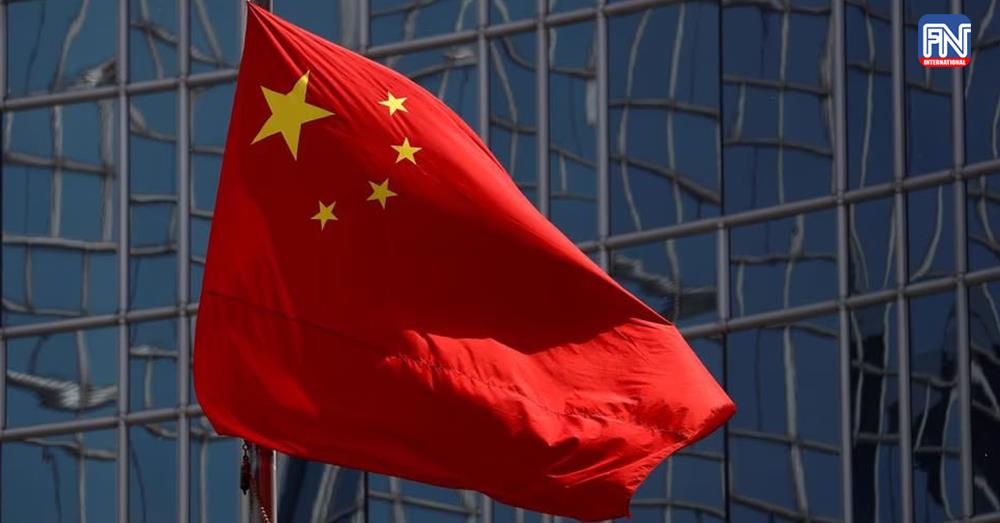BEIJING, July 12 (Reuters) - Beijing lashed back at NATO's accusation that China challenges the group's interests and security, and opposed any attempt by the military alliance to expand its footprint into the Asia-Pacific region.
In a strongly worded communique issued midway into a two-day summit in the Lithuanian capital of Vilnius on Tuesday, NATO said the People's Republic of China (PRC) challenged its interests, security and values with its "ambitions and coercive policies".
"The PRC employs a broad range of political, economic, and military tools to increase its global footprint and project power, while remaining opaque about its strategy, intentions and military build-up," NATO heads of state said in their communique.
"The PRC's malicious hybrid and cyber operations and its confrontational rhetoric and disinformation target Allies and harm Alliance security."
The China-related content of the communique disregards basic facts, distorts China's position and policies, and deliberately discredits China, the Chinese mission to the European said in a statement on Tuesday.
"We firmly oppose and reject this," it said.
NATO Secretary General Jens Stoltenberg told reporters at the summit that while China was not a NATO "adversary", it was increasingly challenging the rules-based international order with its "coercive behaviour."
"China is increasingly challenging the rules-based international order, refusing to condemn Russia's war against Ukraine, threatening Taiwan, and carrying out a substantial military build-up," he said.
However, NATO made no mention of Taiwan in its communique.
Attendance at the two-day summit also includes some Asia-Pacific leaders.
Japanese Prime Minister Fumio Kishida, joining for a second time, aimed to remind the military alliance to pay heed to East Asia risks, while South Korean President Yoon Suk Yeol sought deeper international security cooperation amid rising North Korean threats and tension over China.
In May, Kishida said Japan had no plans to become a NATO member, even though NATO was planning a Tokyo office, its first in Asia, to facilitate consultations in the region.
China resolutely opposes NATO's "eastward movement into the Asia-Pacific region" and warned any action threatening Beijing's rights would be met with a resolute response, the Chinese mission said in its statement.
"Any act that jeopardises China's legitimate rights and interests will be met with a resolute response," it said.
In the communique, NATO also said China sought to control key technological and industrial sectors, critical infrastructure, and strategic materials and supply chains, and that Beijing also used its economic leverage to create strategic dependencies and enhance its influence.





